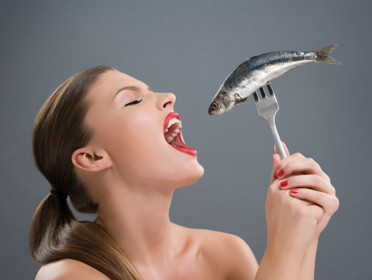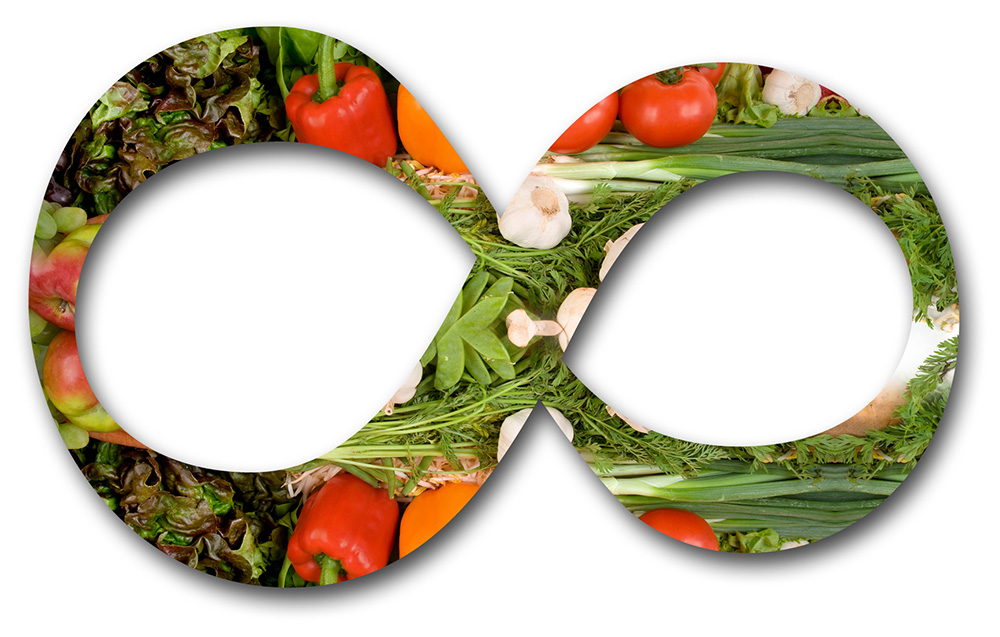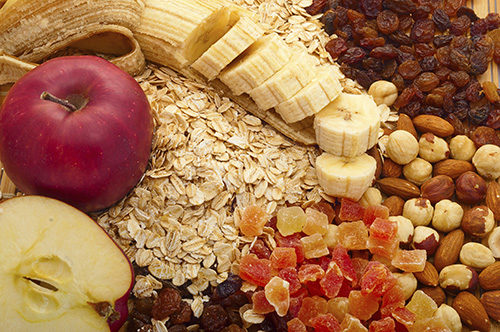Nutrition For Women
Research suggests eating enough fruits and vegetables is linked to a lower risk of many chronic diseases and may help protect against certain types of cancer. Whether fresh, frozen, canned or dried, fruits and vegetables are major sources of nutrients we need – and eating more of them may help you achieve and keep your healthy weight.
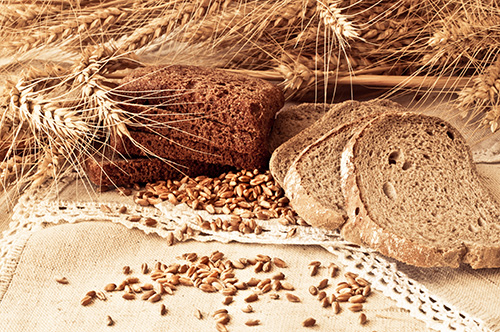 |
Boost fibre : Dietary fibre contributes to our health and wellness in a number of ways. First, it aids in providing fullness after meals, which helps promote a healthy weight. Second, adequate fibre can help to lower cholesterol. Third, it helps prevent constipation and diverticulosis; and, fourth, adequate fibre from food helps keep blood sugar within a healthy range. |
 |
Pregnant? Consume more omega3 free fatty acids : Pregnant women are recommended to eat fish and seafood to get an adequate amount of DHA and EPA for their babies. If you could not eat well enough fish and seafood and offended of concerns about contaminants in fish, such as heavy metals, consume DHA fortified foods. |
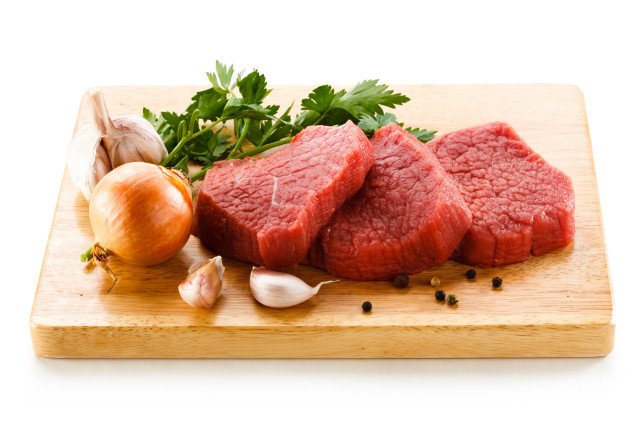 |
Iron Deficiency : If the body doesn’t absorb its needed amount of iron, it becomes iron deficient. The body absorbs two to three times more iron from animal sources than from plants. Although you absorb less of the iron in plants, every bite counts, and adding vitamin C to vegetarian sources of iron will enhance absorption. Women who are pregnant or breastfeeding are at a higher risk for developing iron deficiency. Adolescent girls and women of childbearing age are also more prone to iron deficiency. |
Eat Right for Life :








